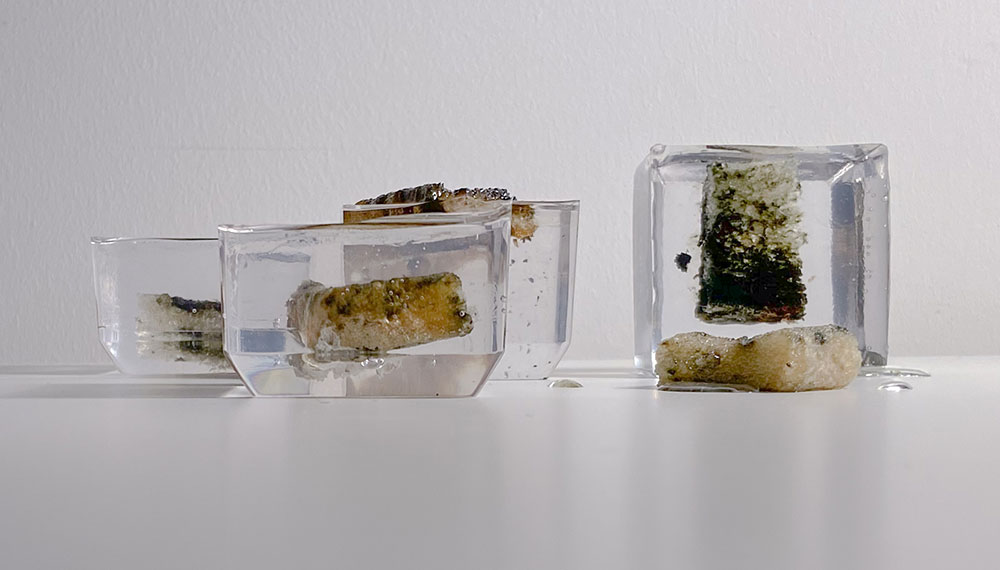In &rchitecture, we use design-led research to investigate the potential for architects to affect positive change through inclusive and engaged practices. This year, we questioned how we can reimagine former sites of production in the city for sustainable future, considering ideas such as the Anthropocene, Capitalocene, degrowth and posthumanism. Our site was Manchester Abattoir, designed by Sydney George Besant-Roberts and opened in 1968. It was a council-built complex aiming to bring together the city's network of abattoirs into one 'comprehensive' site for the storing and slaughtering of livestock and the storing and sale of meat.
The central idea for & design studio is Mikhail Bakhtin’s polyphony, which we use to read the site as multi-voiced narratives in constant dialogue and never existing in isolation. This allows us to value contrasting viewpoints and, in doing so, explore the potential for architects to address issues of social, spatial and ecological justice. Before we consider this, we examine ourselves as citizens and humans first, and only then our identities as ‘Architects’. Our work this year also questioned the hegemony of human position in the design process and we included non-humans in our investigations.


